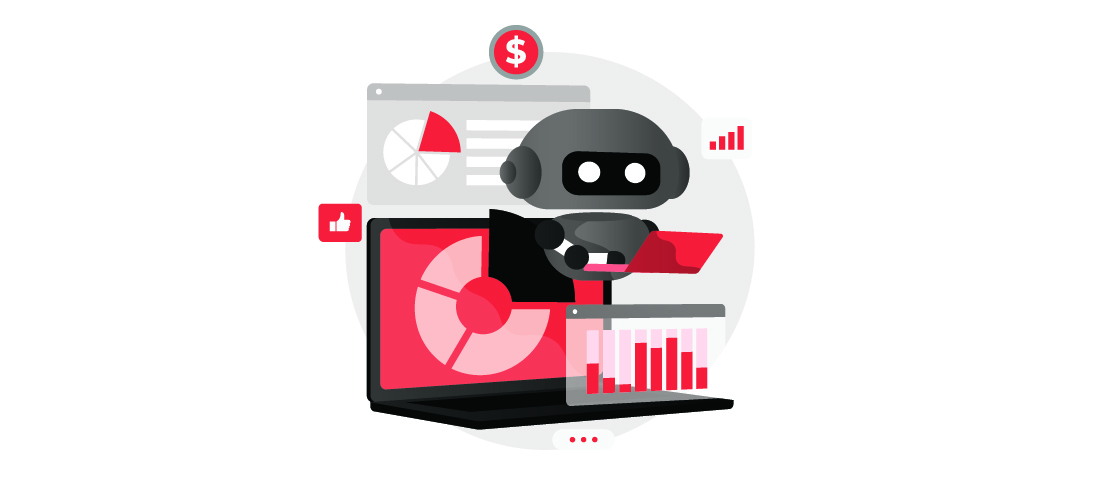AI in Advertising
Introduction to AI in Advertising
What is AI in Advertising?
AI advertising is the application of artificial intelligence (AI) technology to automate, enhance, and customize marketing campaigns. AI makes campaigns more effective and engaging by doing everything from sifting through enormous data sets to constantly adjusting campaign strategies in real-time, leading to higher audience engagement and better ROI, without compromising creative integrity.
Evolution of AI in the Ad Industry
Artificial intelligence started its entry into advertising with early automation methods, but is now a highly established platform of marketing services. Marketers today can create smarter campaigns that automatically respond to consumer actions and market change through technologies such as rule-based targeting, real-time decision making, and predictive modeling driven by AI.
Why AI Matters for Modern Marketers
AI is critical as today's marketers need to be accurate, fast, and personalized. With growing customer demands, AI provides insights and automation that conventional methods cannot offer. Not only does AI optimize processes, but it also drives strategy based on data that resonates through fluid digital spaces.
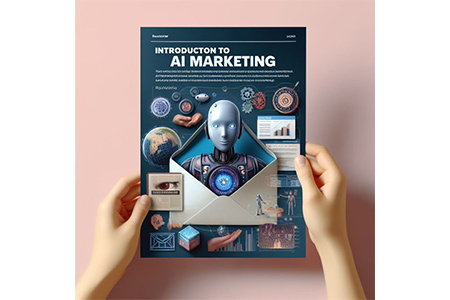
Key Applications of AI in Advertising
Personalized Advertising
Artificial intelligence redefines targeted marketing by studying the behavior, affinity, and habits of users to deliver hyper-relevant communications. Such live optimization not only optimizes engagement but also encourages greater brand loyalty, turning bland outreach into personalized experiences that communicate deeply.
Audience Targeting & Segmentation
With AI, target and segment audiences are more precise and data-driven. It scans massive user data to segment audiences based on shared behaviors and interests so that marketers can reach the right audience with the right message at the right time.
Programmatic Ad Buying
Programmatic buying leverages AI to buy and place online ads automatically in real time. It makes calculations of audiences, bids, and efficiency in a heartbeat, delivering best visibility and value for media dollars to brands across platforms.
Predictive Analytics
AI-based predictive analytics enables marketers to forecast future trends, customer action, and campaign performance. Based on history and real-time signals, it enables more insightful decision-making and more targeted ad spend that yields measurable outcomes.
Ad Performance Optimization
AI continuously monitors and optimizes ad performance against real-time metrics. It knows what is and isn't performing, making dynamic adjustments to creatives, budgets, and placements to maximize ROI and campaign effectiveness without assumptions.
Content Creation (Text, Image, Video)
AI can now create effective ad content, copy, visuals, or video addressed to the right individuals. Combining data and creativity, AI optimizes content relevance, minimizes production time, and makes scalable storytelling possible through media.
Chatbots & Customer Engagement
Artificially intelligent chatbots propel customer interaction with real time, context specific answers. Put into ad funnels, they capture leads, address inquiries, and provide product recommendations, creating seamless, conversational experiences that turn interest into action.
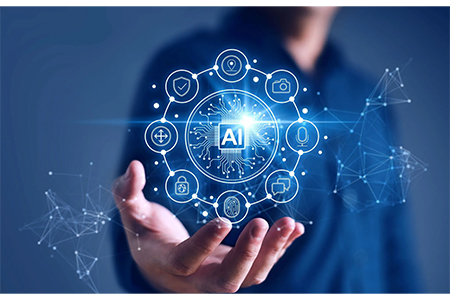
What are the Limitations of AI in Advertising
Though AI in marketing has incredible value, it comes with limitations. Relying on data can lead to ethical issues of privacy and bias. Algorithms can get nuance wrong or ignore emotional signals, thereby risking off-brand communication. Furthermore, not all companies are able to use AI without hassle because of the cost, expertise, or infrastructure they lack. A balance will be necessary where human imagination supports machine wisdom to alleviate these issues.

Real World Examples of AI in Advertising
Such brands as Coca-Cola employ AI to create content, designing localized advertisements that are human enough. Netflix employs AI to personalize show recommendations and trailer views for each user. Nike employs AI to examine customer data and customize marketing activities, improving engagement and increasing conversions through extremely well-targeted campaigns.
Tools and Technologies Powering AI in Advertising
Industry-leading solutions such as Google Ads' Smart Bidding, Adobe Sensei, and Meta's Advantage+ suite leverage AI for more intelligent campaign deployment. Solutions such as Salesforce and HubSpot apply AI to automate CRM and audience segmentation. Machine learning, natural language processing, and computer vision drive these solutions, allowing real-time optimization, predictive analysis, and scalable content generation.
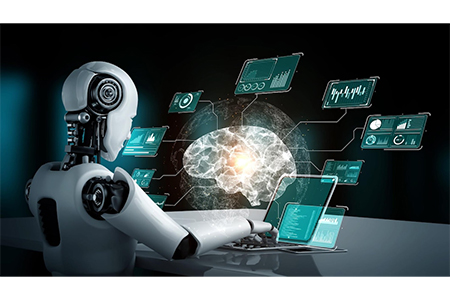
Future Trends in AI-Powered Advertising
AI advertising is moving towards enhanced personalization, visual and voice search unification, and emotion recognition technology. With machine learning models becoming more mature, smarter automation, contextual creativity, and even AI storytelling can be expected. As regulations evolve and ethical development of AI takes place, the future will find a balance of innovation and consumer trust, and transparency.
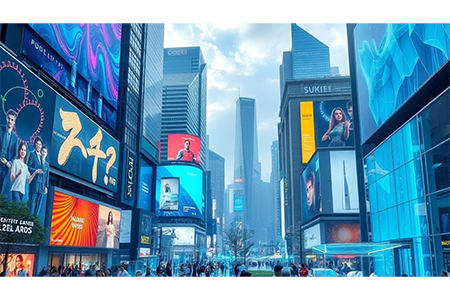
Conclusion
Artificial intelligence is not the hypothetical ad pipe of tomorrow; it is rather the magic that powers the very best campaigns today. From targeting to content creation, it is revolutionizing the way brands are speaking to and engaging with their audience. In parallel with its evolution, however, the role of AI will evolve to provide marketers with ever better tools for delivering relevant, personalized, and data-driven ad experiences.
FAQs
AI streamlines real-time purchasing, bidding, and ad placement through processing user information to ensure that ads reach the right people at the right time with optimal efficiency.
Enterprise solutions are costly, yet the majority of AI-powered advertising tools implement scalable pricing, so they are inexpensive and within reach even for small and medium enterprises.
AI follows user behavior, clicks, impressions, conversions, and optimizes campaigns in real time by modifying creatives, bids, and targeting based on what performs best.
Segments like e-commerce, finance, healthcare, and tech benefit a lot, as they are data-driven decision-making, customer segmentation, and rapid digital transformation reliant.
AI applies the history of browsing, buying behavior, and engagement metrics to personalize ad copy in real time, delivering each user messages that are relevant to their interests and requirements.


